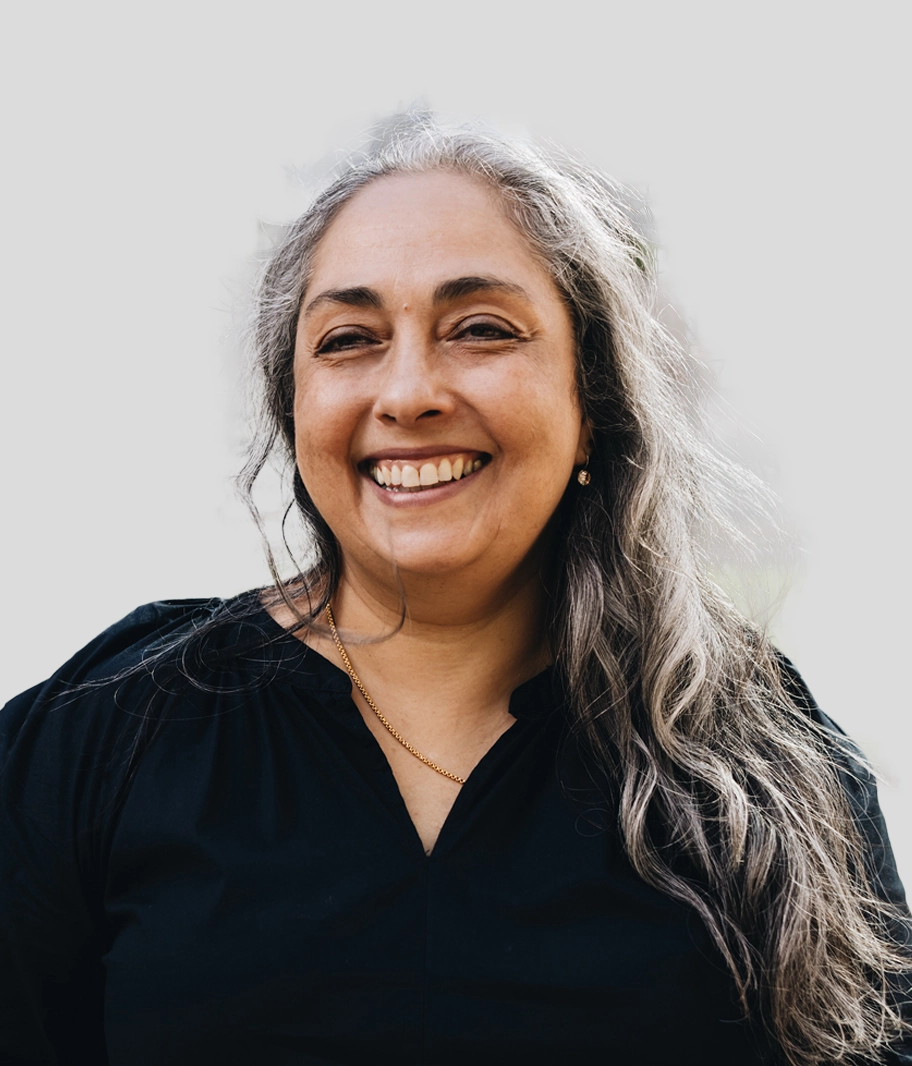My health, my right – the challenge of providing equitable healthcare
Author
Dr Paul Lane
Health
The theme for World Health Day 2024 is ‘My health, my right’. According to the World Health Organization a staggering 4.5 billion people, more than half of the world’s population, still struggle to access basic healthcare services along with essentials such as clean water and nutritious food. Sadly, this failure leads to inequity in health outcomes for many communities.
This harsh reality underscores the urgent need to address health disparities, challenging individuals, and leaders alike to strive for improved access and outcomes for all. Health equity isn’t just about fairness; it is about implementing solutions to ensure everyone has the opportunity to be as healthy as possible, overcoming existing disparities in health outcomes.
The role of AI and equity

Novel and emerging technological innovations such as Artificial Intelligence hold promise in tackling entrenched issues such as health inequity. However, achieving this requires not just technological advancement but a commitment to ethical and responsible AI development.
Unfortunately, history has shown that AI can inadvertently perpetuate existing biases in healthcare, such as racial disparities in training datasets and algorithmic coding. The recent HEAL framework described by Schaekermann et al from Google Research offers a promising approach. This four-step process focuses on identifying factors linked to health inequities, assessing pre-existing disparities, evaluating AI performance across different populations, and ensuring that AI prioritises addressing health disparities.
Importantly, along with this framework there needs to be inclusive co-design with the target communities to ensure the AI product is fit for purpose and is readily accessible.
Ethical AI
Building community and end-user trust in AI is paramount to realising its potential benefits. Trust in the data, trust in the expert development of the AI, trust in how the AI is being used, trust in the rigor and assessment of performance, and trust that it always works as it should and that someone is accountable.
Ideally, AI should complement human efforts rather than replace them, and keeping humans involved in decision-making processes.
The bedrock of AI is its big data; it needs to be current, accessible, unbiased and kept secure. Everyone should benefit from the potential of this technology and should be adequately represented in the training data.
In the true spirit of equity, we should prioritise individuals or groups who will benefit the most during the research, development, and implementation stages.* This is true ethical and trustworthy AI.
In reality, ethical AI is not that different from the principles already in place in Australian medical practice: do good, do no harm, respect patient autonomy, be socially responsible and maintain professionalism.
Consent and co-design
Communities need to be involved from the get-go with technology co-design. The underlying AI coding needs to be fair and aligned with our values. The development of trust is bolstered when AI processes are explainable. Currently, there is a risk of ‘ethical debt’ when those responsible for AI research and implementation fail to consider the possible negative consequences or societal harms. and that ‘someone’ will eventually have to pay for this omission! Researchers for example, can currently obtain government approvals to access big data sets for building AI algorithms, without seeking individual consent or engaging with the community. This creates an ‘ethical debt’—a shortfall in ethical responsibility! Despite the benefits of AI such actions lead to suspicion and a lack of trust that may hinder the acceptance beneficial AI technology.
A call to action
The saying ‘with great power comes great responsibility’ holds significance as we navigate our ethical AI journey to overcome health inequities. The very heart of this quest is to ‘improve society,’ and ethical AI is instrumental in achieving this.
At bdna, we are committed to this journey along our community – as ‘we exist to improve society’.
World Health Day 2024, themed ‘My health, my right’ reinforces to us that ethical and trustworthy AI isn’t just a ‘nice to have’: it is a necessity to overcome disparities in health outcomes across our communities. We must engage and listen to communities and embark on true co-design with them.
The stakes are high, if leaders and government fail to act, the gap between the privileged and underprivileged will widen as those with technology access will move ahead.
Equitable AI must not only be part of the national technology agenda for Australia, but an expectation of a ‘fair go’ for our society.
References
* These core principles are further explored in the CSIRO discussion paper by Dawson and Schleiger et al Artificial Intelligence: Australia’s Ethical Framework.






